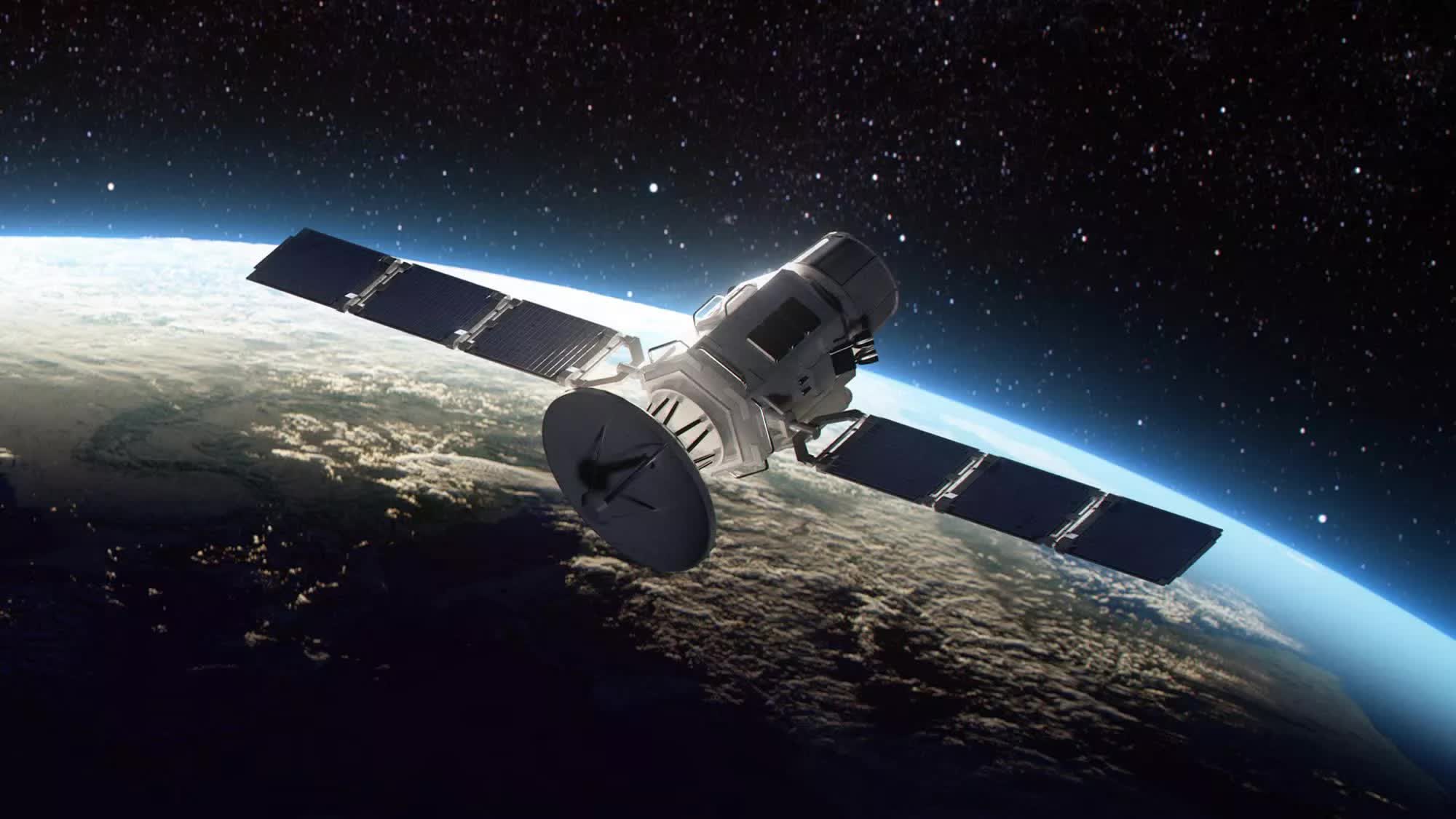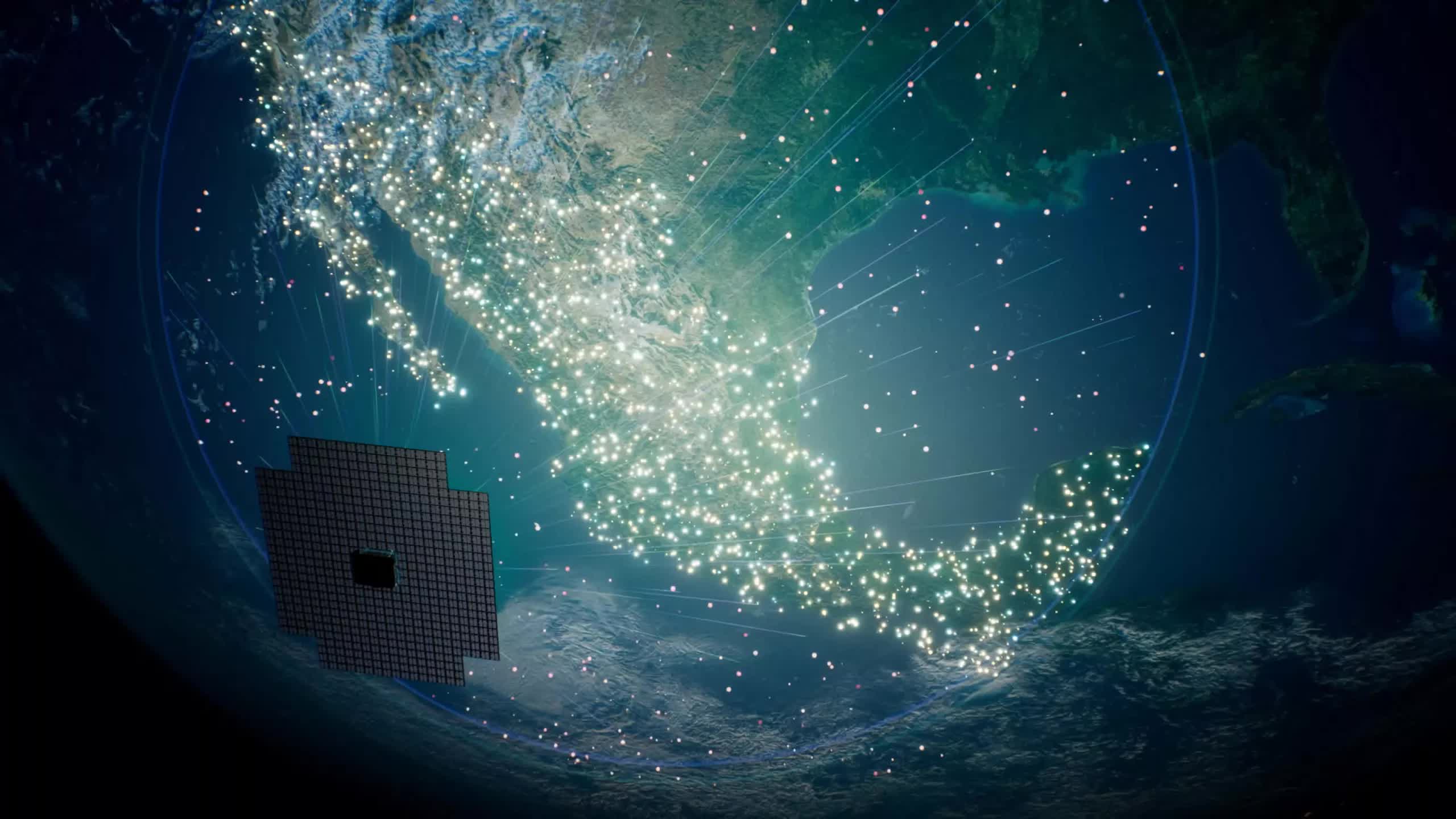What just happened? Things are getting exciting in the world of satellite communication. Satellite company AST SpaceMobile is making some bold claims about bringing seamless satellite phone coverage to the entire continental United States; and they've got the backing of some major players to make it happen.
In a letter to partners and investors, AST SpaceMobile's CEO Abel Avellan proclaimed that his company is "uniquely positioned" to achieve 100 percent geographical coverage in the country with satellite connectivity that works hand-in-hand with existing smartphones. There'd be no need for specialized satellite phones or extra equipment.
In May, the company struck deals with the telecom titans AT&T and Verizon. These agreements give AST access to portions of the carriers' coveted 850 MHz spectrum bands: a low-frequency range that's key for penetrating buildings and covering remote areas that higher frequencies struggle with.
Avellan was adamant that their satellite service will be seamless, allowing users to make calls from their regular phones without gaps or dropped connections, even in dead zones. The 850 MHz spectrum does the heavy lifting of punching through walls and reaching far-flung places that terrestrial towers can't.

But AST isn't just coasting on the big names they've collaborated with. They've lined up over 45 other mobile network operators spanning the globe, including major companies like Vodafone, Rakuten, and Bell Canada. Collectively, these partners serve a whopping 2.8 billion subscribers.
Of course, plans are one thing, execution is another. Avellan's letter was high on enthusiasm but light on nitty-gritty details like launch timelines or how they'll actually implement and monetize this satellite mesh with carriers. However, he did mention that they've already pulled off calling from Maui to Madrid using their space-based network.
There are still plenty of lingering questions too – like how (or if) carriers will charge for this satellite roaming, what the performance and pricing will be for end users, and whether the technology can really deliver on its lofty promises of uncompromised coverage. But at least there's some healthy competition heating up in the satellite services sector.
Traditionally a niche market, satellite communications are becoming a hot commodity as companies like AST, as well as the Elon Musk-backed Starlink, jockey for position to bring space-based connectivity to the masses.
